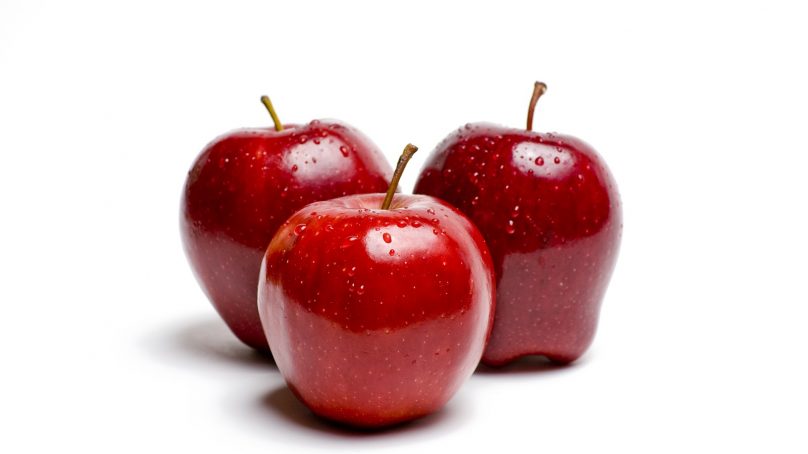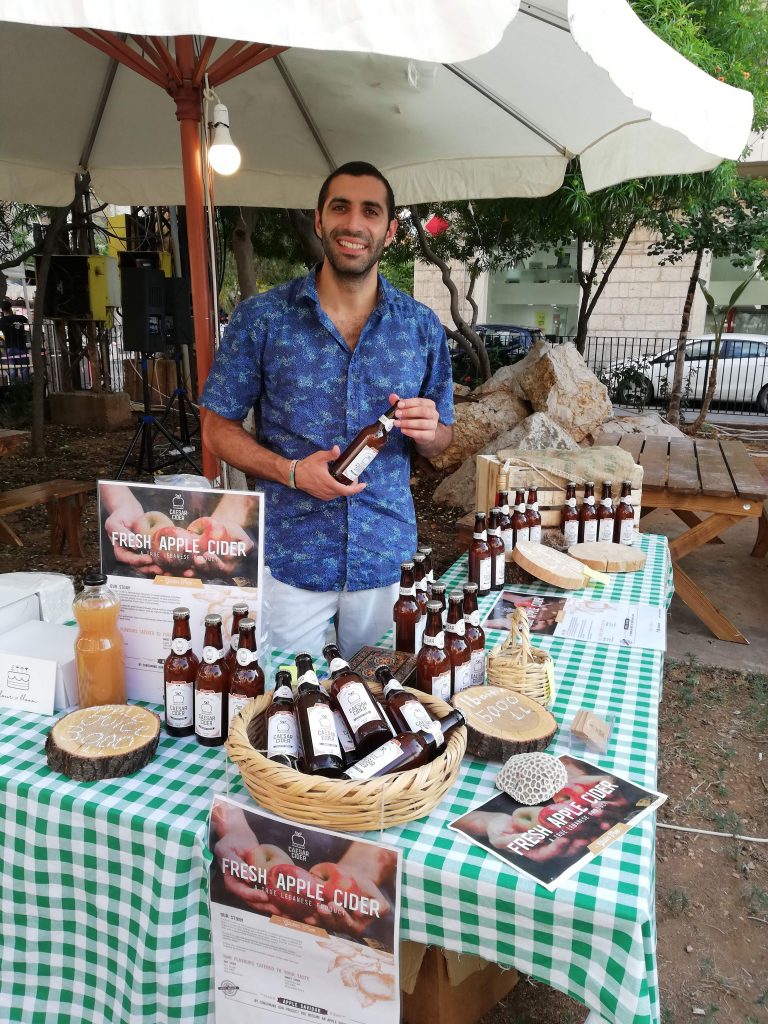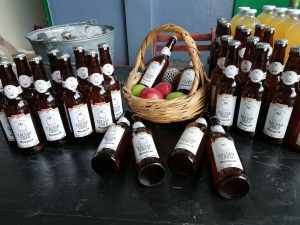HN talks with two of Lebanon’s apple cider manufacturers to learn more about a beverage that makes for a welcome edition of locally produced products.
The Cider Manifesto
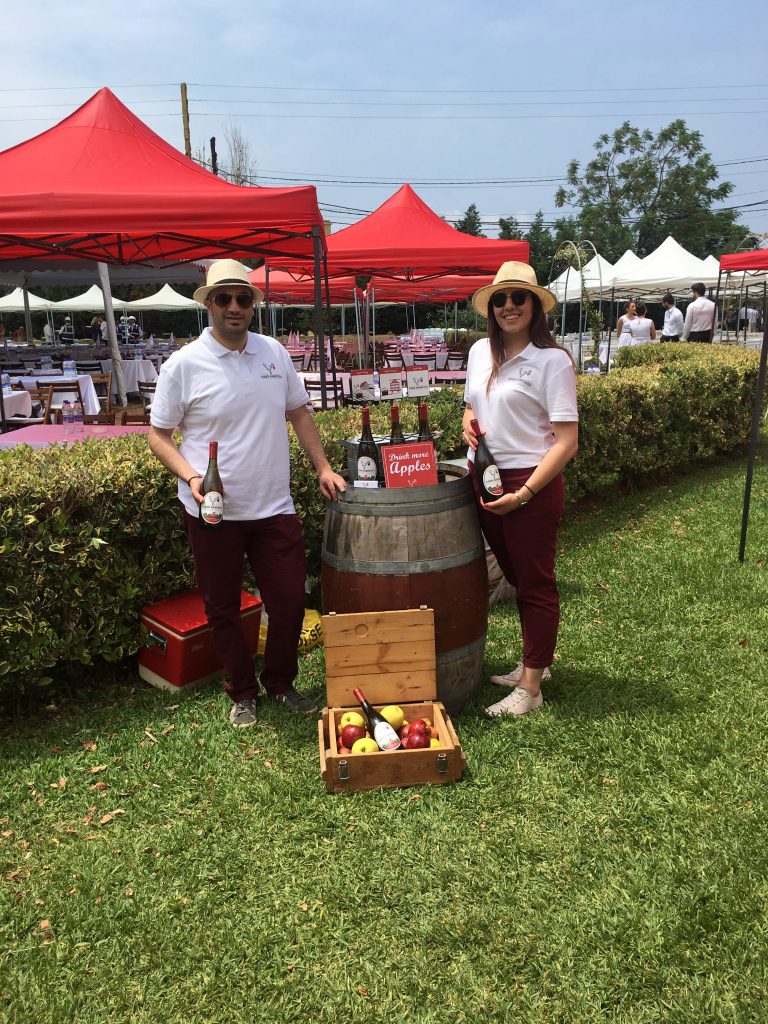
Nicolas and Rachelle Maalouf, cider maker and brand manager
Husband and wife team Nicolas and Rachelle Maalouf, cider maker and brand manager respectively, co-founded Cider Manifesto in 2015 and have since elevated the craft to an artisanal level.
The alcohol sector is known to be tremendously competitive. What initial challenges did you face?
It was difficult to establish a cider production facility, given that we had to import all the necessary materials, including bottles, corks and caps from different countries. To further complicate matters, Lebanese apples are mainly table apples and not usually used for cider. In addition, raising awareness about a beverage of this kind is tricky, due to many predominately false misconceptions. Cider is different from other alcoholic beverages, because it is not wine and it is not even close to the cider you find in other countries. What makes it so unique is that it is a ‘produit de terroir’.
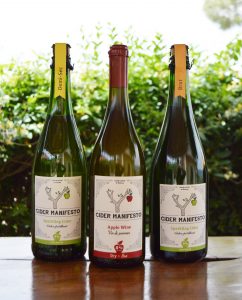
Who are some of the biggest proponents and how is it being sold?
At this point, local stores that offer artisanal food and beverages are the main sellers of this product, because it targets people who look for novelty and cider is ideal in that respect. It’s a new drink that is handcrafted, made from 100 percent apple juice and therefore unique, so it’s more a matter of choice between something that you’re used to and something totally new! Also, brands from different countries offer different types of ciders. The British and Americans sell it in a form that is more beer-like, whereas the French sell it in a more sophisticated way that makes it look more like champagne. We, on the other hand, have opted to promote it as an artisanal product that is available either in a wine glass bottle containing apple wine and champagne-style bottles for sparkling cider. In addition, we don’t force-carbonate our hard cider, but instead do it the old-fashioned way, by secondary fermentation in bottle.
What sets apples grown in Douma apart from the others?
Since we are from Douma and our apple orchard is located there, it was easy to control the production chain from apple to bottle. Also, because traditionally, apples in Douma are not irrigated, the fruits tend to have more concentrated flavors and aromas, making it better for hard cider production.
Where does the local cider industry stand today?
Five years ago, you couldn’t find a single bottle of cider on supermarket shelves and if you were lucky to find one, it would probably have been misplaced next to cider vinegar. That’s where we actually found one! Today, you can easily find different brands of cider on the correct shelves, positioned as a separate brand, which proves that a cider revolution is making its way to the Lebanese shoreline.





